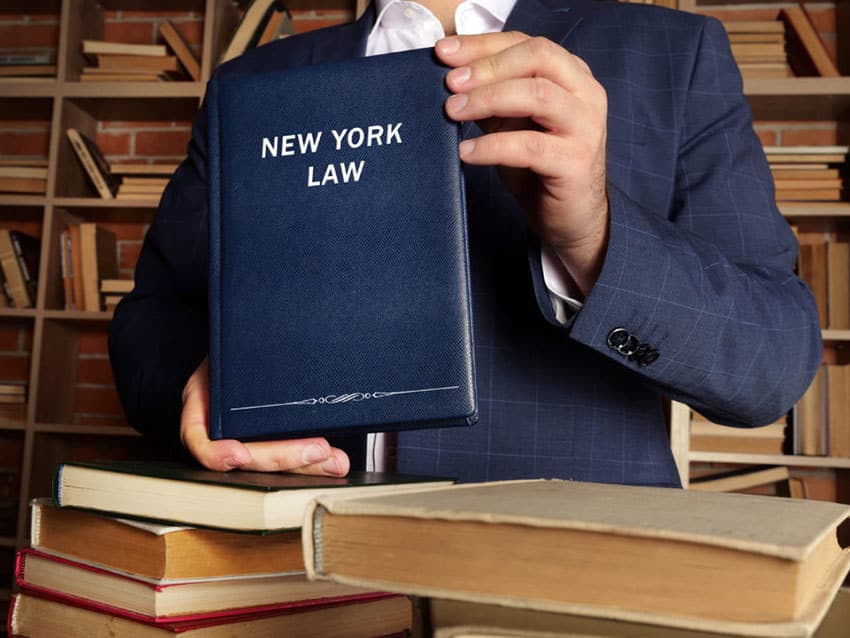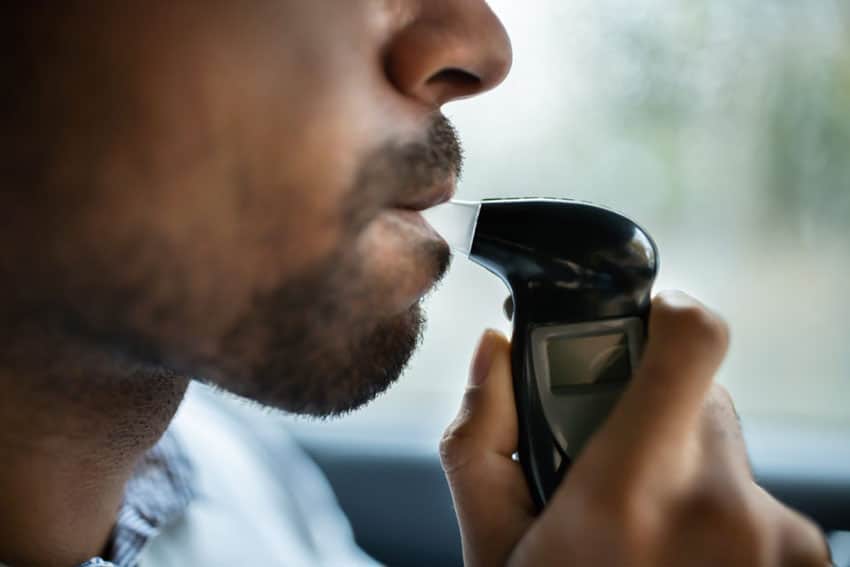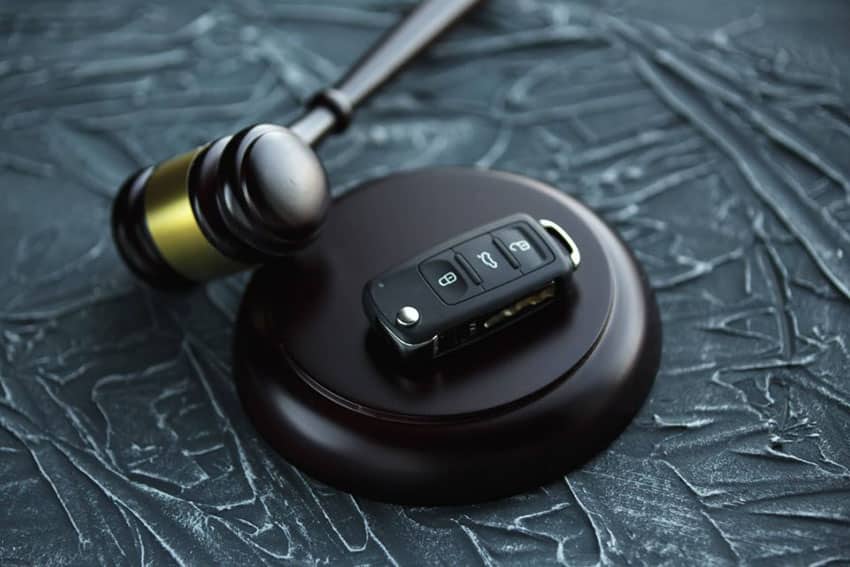DWI is a dangerous game and a game that is often played by participants who rarely have the mental capacity (at least at the time of deciding to play) to make that decision. Don’t let your children fall prey to the dangers of drunk driving or even the dangers of drunk driving prevention because both may have dire consequences.

Have Conversations With Your Children Ahead of Time
Inform your children of what could happen to them if they drive drunk. Let your children know that before engaging in any parties, social events, weddings, or other social engagements that will likely involve the use of alcohol (or marijuana) that they should designate a person to provide a safe and sober ride home who will not take any form of drug and who will drink only non-alcoholic beverages.
Offer to Arrange to Provide Rides for Your Children Without Questions
Although a call in the middle of the night from a child who has had too much to drink may not be ideal, there are a number of parents who have gotten a much more disturbing call in the middle of the night, who will wish for the remainder of there life they made this offer to there own children.
Let Your Children Know Only Time Will Make Them Sober.
Drinking coffee, exercising, taking a cold shower, going for a swim, eating a large meal, and the like does not make your child sober. These popular myths and misconceptions, unless you inform your children, may allow them to get a DWI, or worse, be involved in an alcohol-related traffic accident.
Tell Them Never to Get Into a Car With a Friend Who Has Been Drinking.
In the year 2010 alone, 211 children were killed in drunk driving crashes. Of those 211 children, 62% were riding in the car with an impaired driver.
Let Your Children Know That Drinking at an Early Age is a Bad and Dangerous Game.
Children and teenagers who drink alcohol at a young age are 7 times more likely to be involved in an alcohol-related crash in their lives.
Someone is injured in a drunk driving accident on average every 90 seconds.
Police Agencies make themselves more visible at holiday times when large numbers of people are celebrating. They use sobriety checkpoints that allow officers to evaluate drivers who are merely passing through the checkpoint, and drivers may be briefly detained at these checkpoints without having committed any traffic infraction. Further, police agencies use specialized task forces or saturation patrols, which are concentrated enforcement efforts that look out for driving irregularities (e.g., reckless driving, speeding, aggressive driving).
All this said, drunk driving never ends well, and you’ll thank yourself for having a conversation with your children ahead of time. If you or a loved one has been charged with a DWI or any other driving offense, contact the DWI Team today.
The exclusive purpose of this article is educational and it is not intended as either legal advice or a general solution to any specific legal problem.












